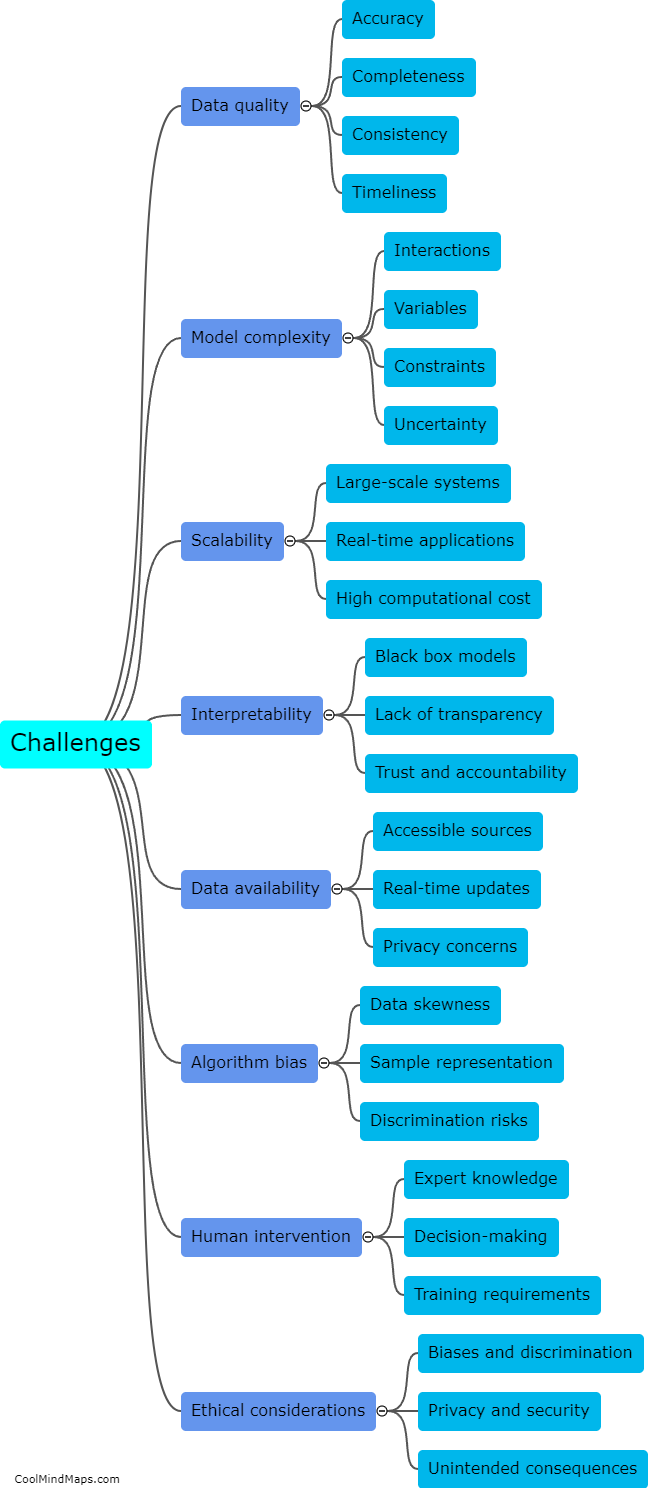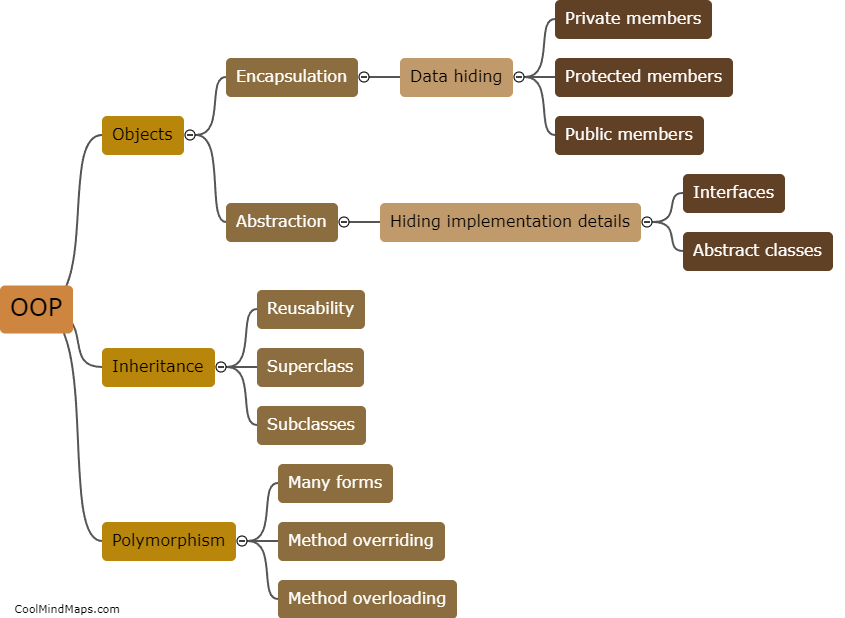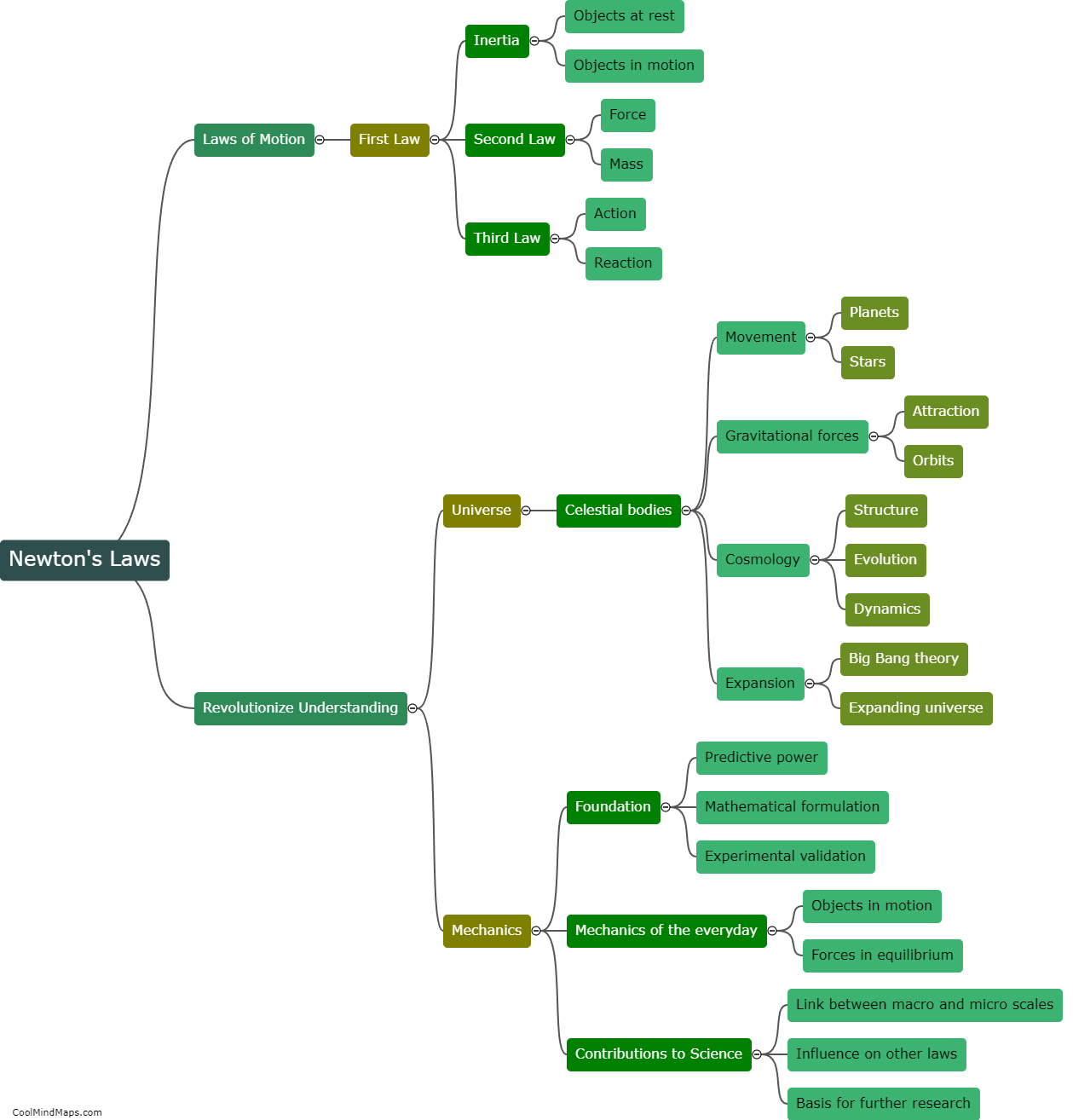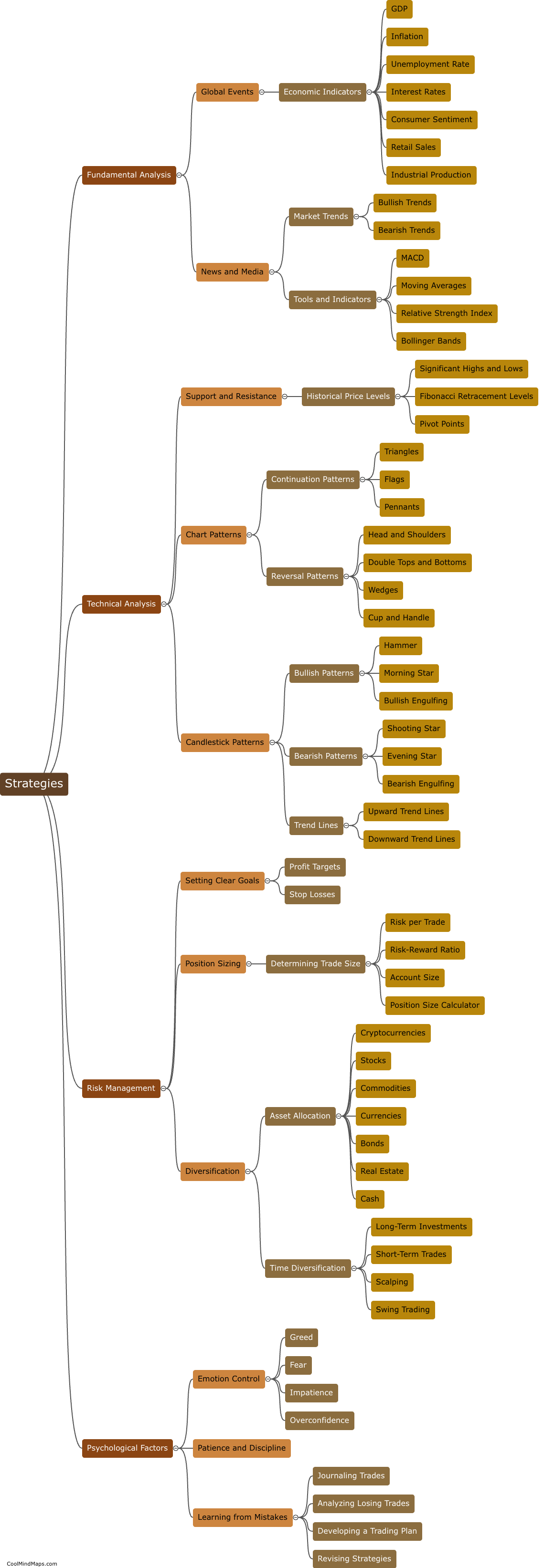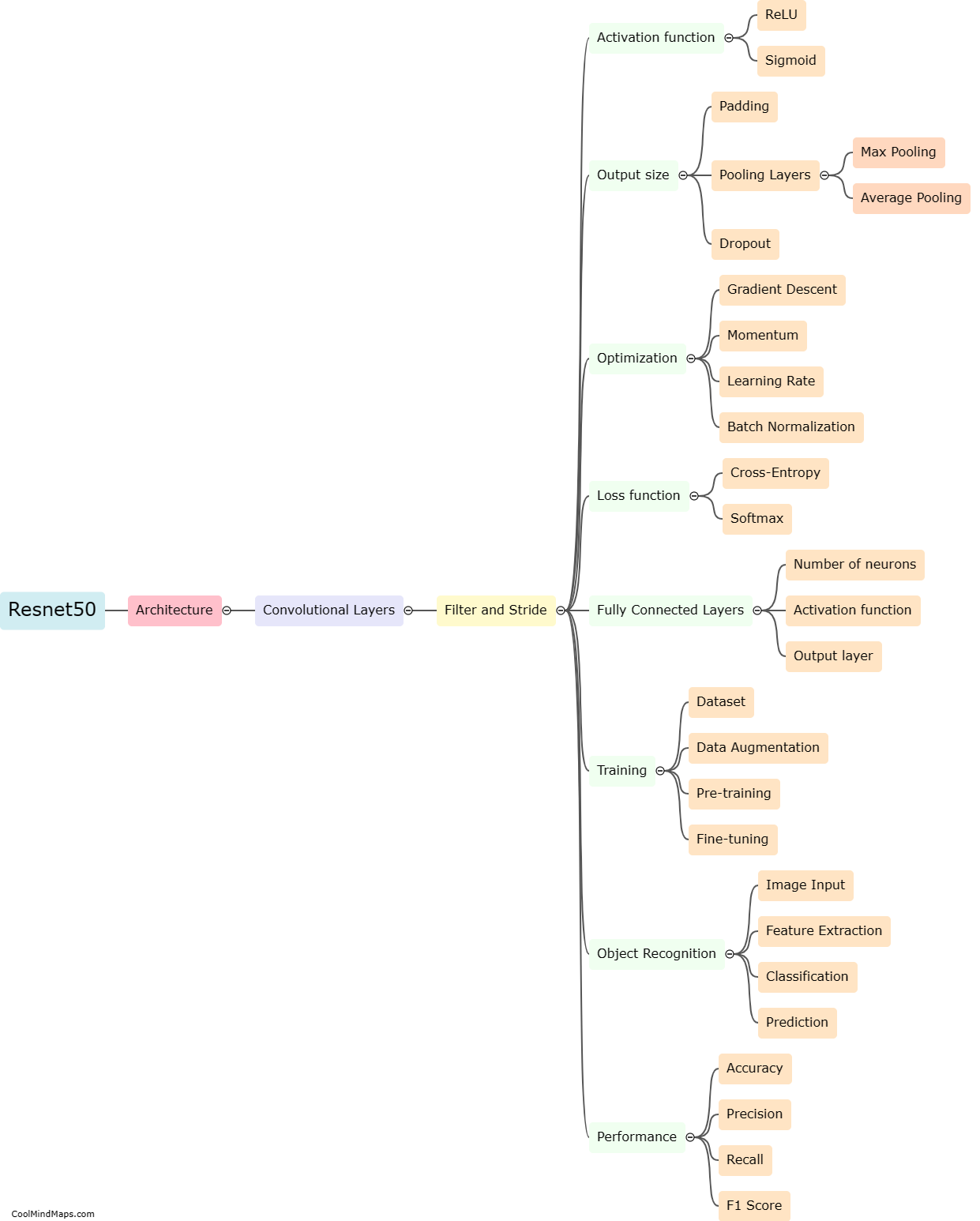What is acquired (adaptive) immunity?
Acquired or adaptive immunity is a crucial branch of the immune system that developed after exposure to various pathogens. It is a highly specific and long-lasting form of immunity that involves a complex interplay of cells and molecules. Adaptive immunity is characterized by the ability to recognize and remember specific pathogens or antigens, which allows the immune system to mount a more efficient and targeted response upon subsequent encounters. It involves specialized cells, such as B and T lymphocytes, that are capable of generating a diverse array of receptors to identify specific pathogens. This immunity can be either naturally acquired through infection or vaccination, or artificially acquired through the administration of manufactured antibodies or immune cells. Acquired immunity plays a pivotal role in protecting the body against a wide range of infectious diseases and is a vital component of overall immune defense.

This mind map was published on 13 September 2023 and has been viewed 131 times.


